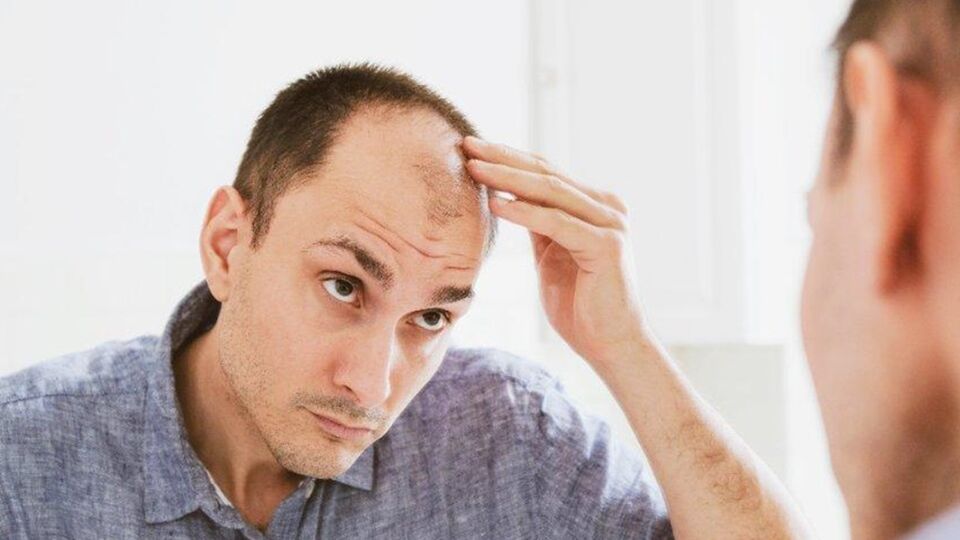
Hair loss is something people all over the world battle with, both old and young. It can be caused by a number of different reasons, and understanding these reasons can help you know how to manage your hair loss. This article will explore some of the many reasons for hair loss, along with helpful suggestions for those who face this challenge to combat hair loss successfully.
Why Some Experience It
There are many things that can result in hair loss. These are:
Genetics
Some may have hair loss as a result of their genetics. Inheriting traits like thin hair follicles can lead to eventual hair loss. Also, conditions like androgenetic alopecia are commonly inherited from one or both parents.
Hairstyles
Some hairstyles can lead to hair loss if worn consistently over time. Hairstyles such as excessively tight braids, buns, ponytails, and cornrows can eventually result in hair loss.
Medical Conditions
There are certain medical conditions that cause individuals affected by them to experience hair loss. Androgenetic alopecia, thyroid disorders, autoimmune diseases, and skin conditions like eczema can all cause hair loss.
Stress
Stress is another common cause of hair loss. Being under excessive stress or even experiencing a traumatic event can lead to hair loss.
Change In Hormones
Hormonal imbalances can result in hair loss. A variety of reasons, such as pregnancy, childbirth, and menopause in women, cause these imbalances.
Medical Treatments
Specific medical treatments and medications can also cause hair loss. Chemotherapy and radiotherapy are known to result in hair loss, as are some medications used to treat depression and high blood pressure.
Nutritional Deficiencies
Nutritional deficiencies, including a lack of iron and protein, as well as essential vitamins such as vitamin D and B12, can contribute to hair loss.
How You Can Manage It
As we have seen, hair loss can be caused by a large variety of factors, so it is up to you to examine yourself and consult a medical professional to determine what is causing your hair loss. After selecting the cause, you can start working towards correcting it.
For some cases, lifestyle changes such as getting enough sleep, eating healthy, and stopping destructive habits can help them return their hair to its original healthy state. Also, swapping out damaging hairstyles for gentle styles that promote hair retention and growth while still protecting your hair. This, however, is not the case for everyone, especially those whose hair loss is caused by genetics and other unpreventable circumstances. There are treatment options for such people, and these include: Surgical options such as hair transplant and restoration surgeries. Medications like minoxidil and low-level laser therapy are available for those who prefer noninvasive procedures. Other alternative solutions include massage therapy and the use of hair growth oils and supplements.
Hair loss is a condition that can affect anyone and is already impacting the lives of millions worldwide. It is essential for those affected to find the root cause of their hair loss so they can start working towards correcting it and getting back their confidence with a full head of hair.

